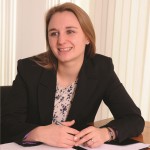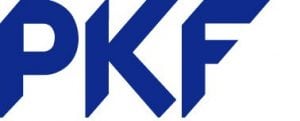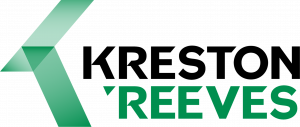Eildh Adams qualified as a solicitor before choosing to concentrate on tax.
After reading too many John Grisham novels at school, I decided to study law and began my LLB at the University of Aberdeen in 2001, graduating in 2005 before completing the Diploma in Legal Practice. I began my legal traineeship with Turcan Connell in October 2006 and spent the next two years working across four different legal areas of the office, settling on a career in one of the Estate Planning, Tax and Succession teams on qualifying in 2008.
My day to day work focuses on tax and estate planning for high net worth individuals, trusts, charities and family companies. The tax aspects of my experience focus mainly on Inheritance Tax and Capital Gains Tax planning, but as with all areas of tax, an understanding of the other direct and indirect taxes is essential to providing fully considered advice to clients.
In 2010 I decided to expand on my technical tax skills by embarking on the ATT exams. As well as the three core papers, I also sat the paper on Inheritance Tax, Trusts and Estates. I completed the final two papers in November 2011, receiving distinctions for all four papers, the Kimmer Medal for the IHT paper and the Johnson Medal for the paper on Practice Administration and Ethics.
What does Turcan Connell do?
The Turcan Connell Group is a leading firm of legal, wealth management and tax advisers with an inter-disciplinary team of lawyers, tax planners, investment managers and financial planners working together out of offices in Edinburgh, London and Guernsey. Turcan Connell currently has 21 partners, two principals and around 300 staff.
How did you get your job at Turcan Connell?
Before qualifying as a solicitor in Scotland, it is necessary to undertake a two year traineeship with a law firm. The traineeship application process for most of the bigger law firms begins very early. I secured my traineeship with Turcan Connell in October 2004, two years before I completed my degree and the diploma. The interview process consisted of a paper application, followed by an assessment day which incorporated an interview, Q&A session, a practical assessment and a drinks reception.
What is a typical day like for you?
Some of the matters I deal with on a regular basis include:
- Attending client meetings
- Will drafting
- Trust drafting
- Advising on the availability of tax reliefs, such as principal private residence relief, APR and BPR, entrepreneurs’ relief and holdover relief
- Trust administration, including calculating Inheritance Tax charges and completing the necessary returns
- Considering estate planning for clients and advising on lifetime gifting, structuring for maximising APR and BPR and asset protection for younger generations
- Advising on the tax implications of the setting up, running and winding up of trusts
- Charitable Trust administration
- Advising on international aspects of
- estate planning
- Executry administration, Deeds of Variation and Inheritance Tax Returns.
What do you enjoy most about your job?
I find it very rewarding to act for individual clients and families, rather than large corporations. This adds a much more personal aspect to the work I undertake and allows the development of long term, multi-generational relationships.
What are the most stressful parts of the job?
The advice we give can have a major impact on the personal and business lives of those we advise and so it can sometimes be stressful to consider the gravity of the impact on people’s lives of the advice you are giving. Dealing with human emotion, rather than business strategy and profit motivation, can also add a layer of complexity (but also reward). Working to strict deadlines and under time pressure can be stressful, but meeting those deadlines and completing work in a timely and organised way and to a high standard is very rewarding.
What ‘soft skills’ have you found useful?
The ability to organise, prioritise and continually review and update your workload is key, as are presentation skills, both verbal and written. The ability to communicate complex tax advice to clients in a manner that is logical, technically accurate and comprehensible is essential. It is also important to be able to communicate to clients in a professional and friendly manner. In the current climate, being alert to business opportunities is also vital.
What would you like to achieve in the future?
I really enjoyed studying for the ATT exams, improving my technical knowledge and learning things that allowed me to tie up advice for clients in a very holistic manner. I am therefore keen to continue that learning, perhaps through sitting the CTA exams. I would also like to become a member of the Society of Trust and Estate Practitioners.





